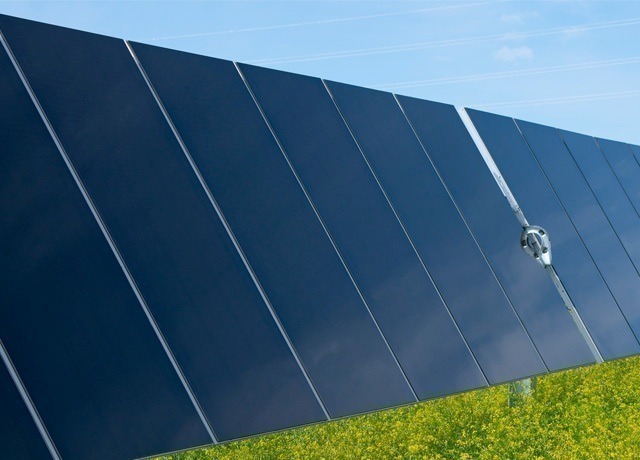Today’s renewable energy news includes announcements from Tokyo Asset Solution, Adani, HD Renewable, Zen Energy, among others.
Tokyo Asset Solution Enters Battery Storage Business with Two Projects in Japan
Tokyo Asset Solution (TAS) has entered Japan’s battery energy storage market with two new projects totalling 12.5 MWh of capacity, marking a key investment in the nation’s energy transition. The systems will use innovative battery technology to enhance grid reliability, store surplus renewable energy, and support Japan’s carbon neutrality goals. Once operational, the projects will provide stable, efficient power to customers, reducing dependence on fossil fuels. TAS’s customer-focused approach prioritises sustainability, operational efficiency, and long-term value creation. This move underscores TAS’s commitment to innovation and clean energy development, positioning the company as an emerging player in Japan’s growing energy storage sector and contributing to a resilient, low-carbon future.
Adani to Foray into BESS Market with 1.1-GW Project in India
Adani Energy Solutions (AESL) has announced plans to enter India’s battery energy storage system (BESS) market with a 1.1-GW project, marking a landmark investment in the country’s renewable energy infrastructure. The project, awarded by SECI, will feature advanced lithium-ion battery technology to enhance grid flexibility and ensure a steady supply of renewable power to customers. This initiative demonstrates innovation in large-scale energy storage and supports India’s net-zero and grid stability goals. Adani’s customer-focused strategy aims to deliver reliable, sustainable electricity while driving technological growth and local job creation. The project strengthens Adani’s leadership in clean energy solutions, underscoring its commitment to building a resilient, low-carbon power ecosystem in India.
HD Renewable, Zen Energy Seal PPA for 111-MW Battery Project in Australia
HD Renewable and Zen Energy have signed a power purchase agreement (PPA) for a 111-MW battery energy storage system (BESS) in South Australia, marking a major investment in the country’s clean energy infrastructure. The project will deploy innovative storage technology to enhance grid stability, store excess renewable power, and provide reliable energy supply to customers. This partnership reflects both companies’ customer-focused commitment to affordable, sustainable electricity and supports Australia’s net-zero and energy transition goals. Once operational, the battery will strengthen renewable integration and help balance peak demand. The collaboration showcases innovation, sustainability, and strategic investment, reinforcing Australia’s growing leadership in energy storage and clean technology development.
Faheema P

